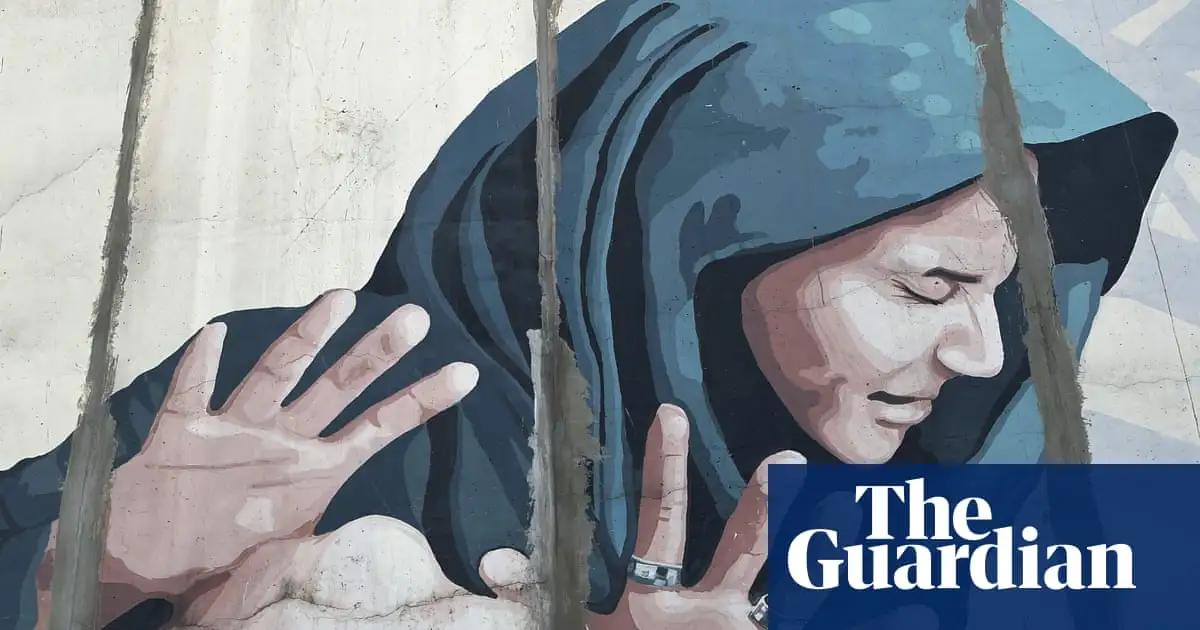Reports surface days before UN summit on Afghanistan that will exclude Afghan women and debate on women’s rights
-
In more than one case the arrests and sexual abuse that young women faced while in custody earlier this year led to suicide and attempted suicide.
-
In one case, a woman’s body was allegedly found in a canal a few weeks after she had been taken into custody by Taliban militants, with a source close to her family saying she had been sexually abused before her death.
-
Girls and women also say they had been subjected to beatings and intimidation while in detention.
Amina*, a 22-year-old medical student, said she spent three nights in a Taliban prison after being arrested in January 2024. She said she was interrogated by an older man who asked her about her menstruation and whether she was married or not.
“I fell at his feet and begged him, ‘Please, kill me but don’t harass me’,” she said. “He said: ‘Since you are keen to die, I will kill you, but before that, let us have fun with you.’
“Then he started touching my private parts,” Amina said. “I fainted twice during the interrogation, but every time, he poured cold water over my head.”
Amina said what happened to her happened to every girl taken to that interrogation room and left alone with the man.



🤖 I’m a bot that provides automatic summaries for articles:
Click here to see the summary
Teenage girls and young women arrested by the Taliban for wearing “bad hijab” say they have been subjected to sexual violence and assault in detention.
In one case, a woman’s body was allegedly found in a canal a few weeks after she had been taken into custody by Taliban militants, with a source close to her family saying she had been sexually abused before her death.
Now the girls and young women are coming forward to report that they also faced sexual violence and abuse by the Taliban police, with devastating consequences.
Marina Sadat had been on her way to the Farabi Institute of Health Sciences, where she was studying midwifery, the only educational option available for women in the Taliban’s Afghanistan.
Twenty-two days later, people who know her family say her battered body was found inside a sack in a canal in Kabul’s Paghman district.
After condemnation in Afghanistan and abroad, Zabihullah Mujahid, the Taliban spokesman, later denied that arrests over “bad hijab” had taken place.
Saved 81% of original text.